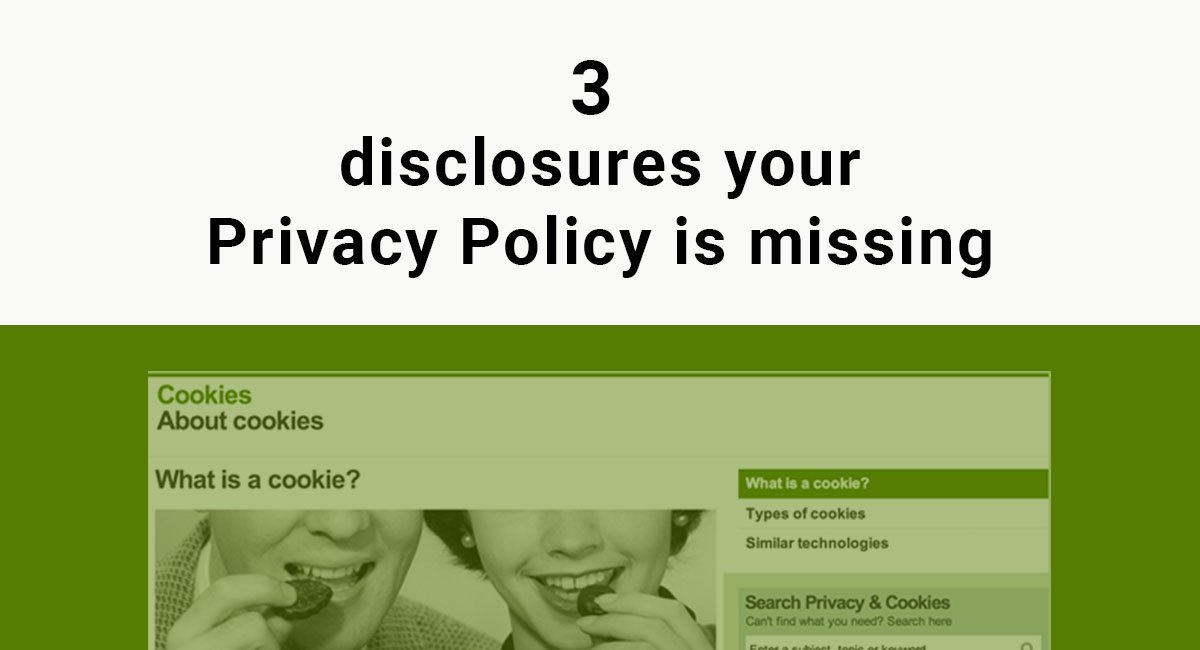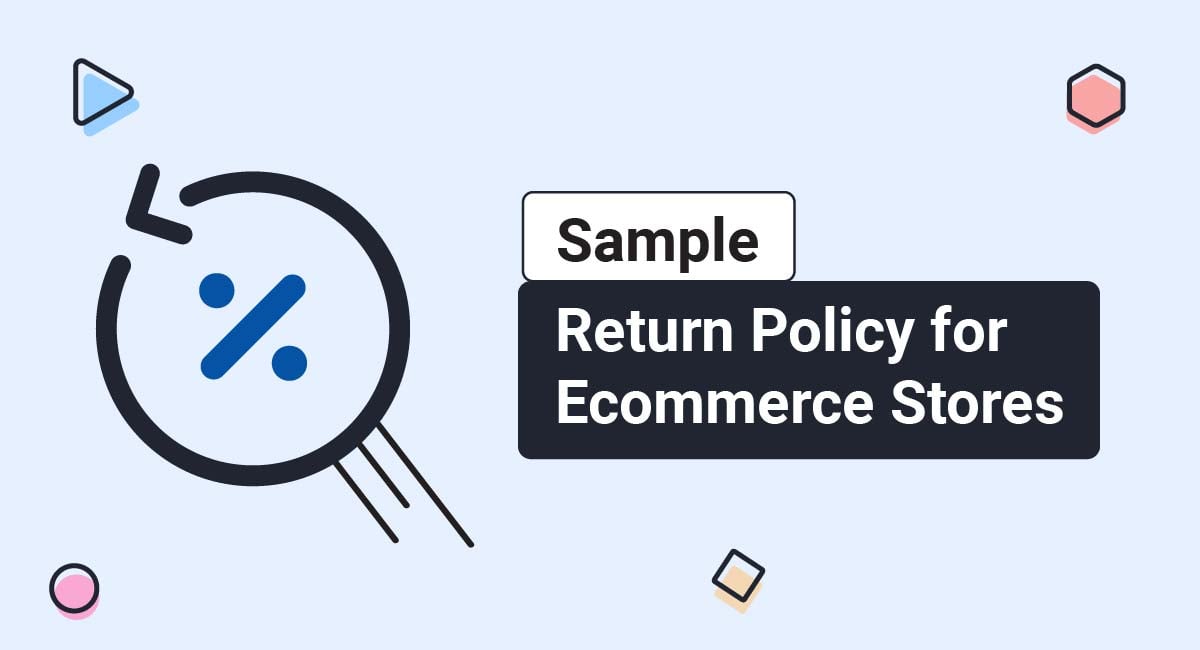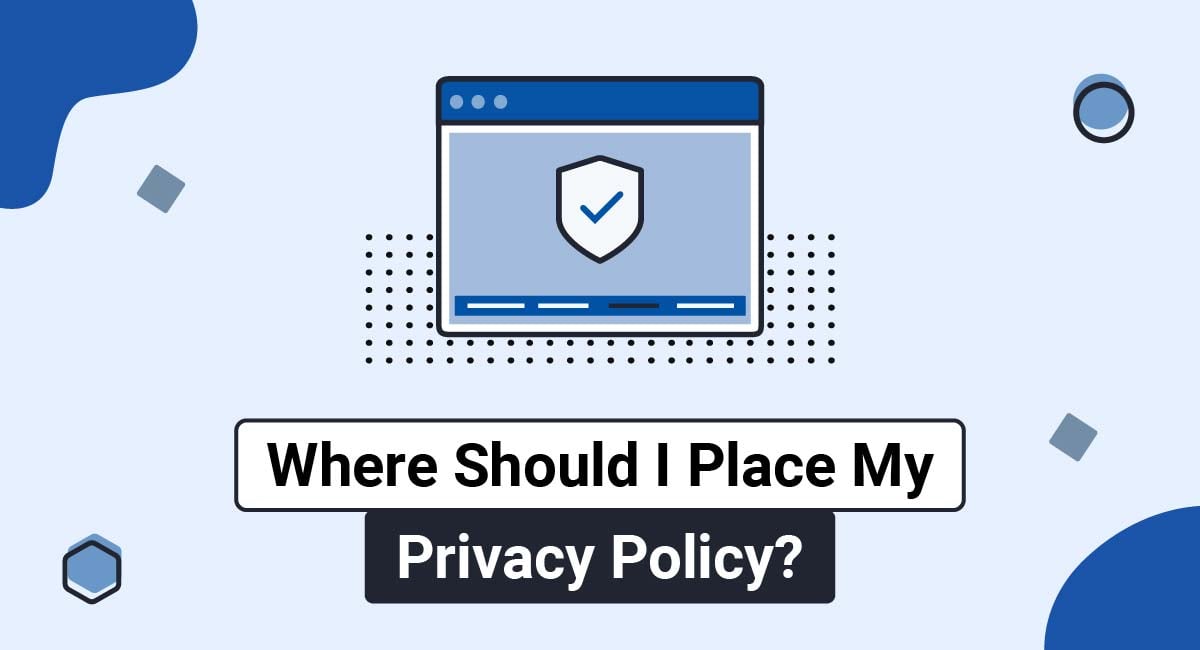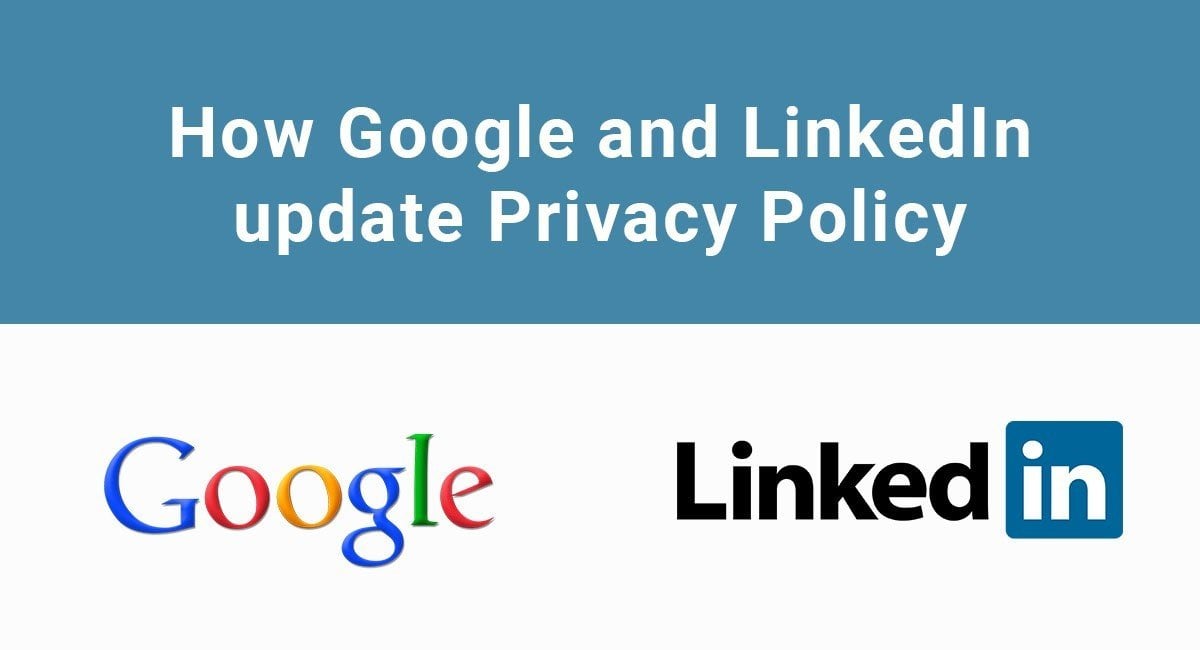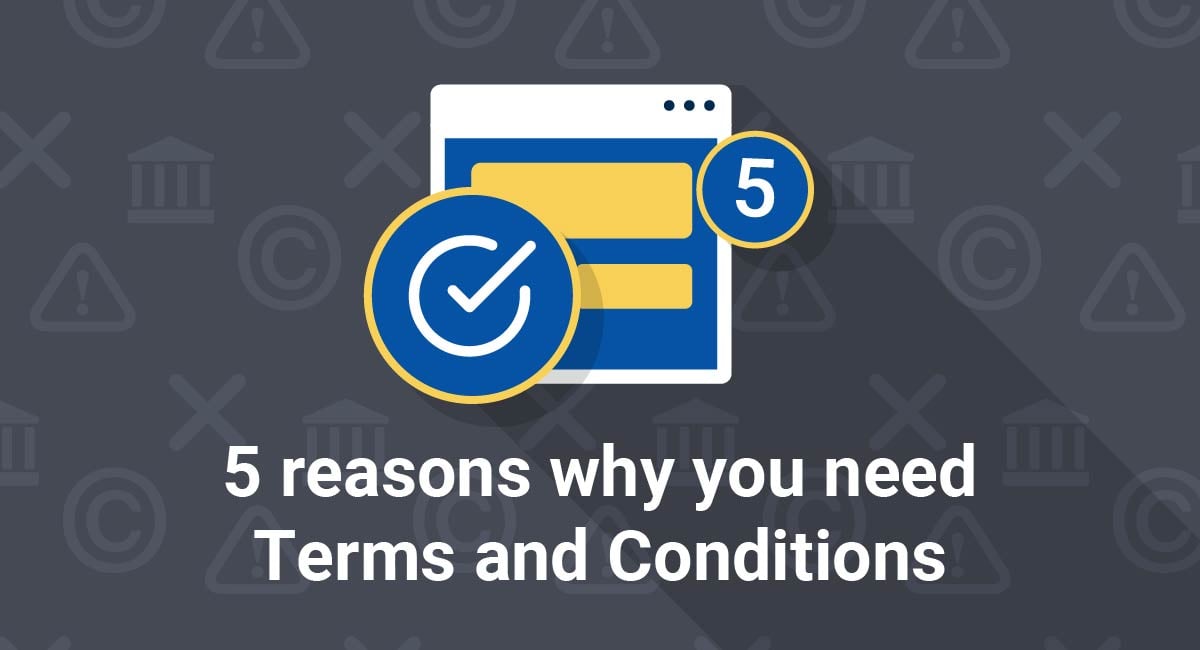Blog - Page 118
Legal articles in easy to understand language.
3 Disclosures your Privacy Policy is Missing
A Privacy Policy is required by law. As long as you collect personal data from your users, you definitely need this kind of legal agreement. But how is "personal data" defined by law? It's broadly defined, but it's any kind of data that can identify an individual. This will include: Email address First and last...
Return & Refund Policy Template
A Return and Refund Policy is a policy that describe your business's process, policies and requirements for accepting returns. In this article we'll discuss Return and Refund Policies for ecommerce stores, whether you're legally required to have one, what to include in one, where you should display it, and more. We've also...
Where Should I Place My Privacy Policy?
Your Privacy Policy needs to be placed where it will be easy to notice and always be accessible. There are a number of places you can add your Privacy Policy that will satisfy these requirements. This article will demonstrate how you can place your Privacy Policy in a way that's most...
How Google and LinkedIn Update Their Privacy Policies
The Privacy Policy is a legal statement that specifies what the website operator will and won't do with the personal data collected from its users. Google and LinkedIn are processing huge amounts of personal information from their users. Users of both Google and LinkedIn needed to be informed about any updates that...
Increase AdWords Quality Score with Privacy Policies
A "Privacy Policy" agreement is required by law if you collect personal data, but the agreement might also help you get a better Quality Score with your Google AdWords campaigns. The Quality Score is a measurement of how relevant your ads, keywords, and landing page that links from the ad to...
5 Reasons Why You Need Terms and Conditions
Because of its importance, there are 5 main reasons why you should have a Terms and Conditions agreement: to prevent abuses, to protect your creative content, to terminate accounts, to limit your legal liability and to set your governing law. This article will look further into each of these reasons why...
